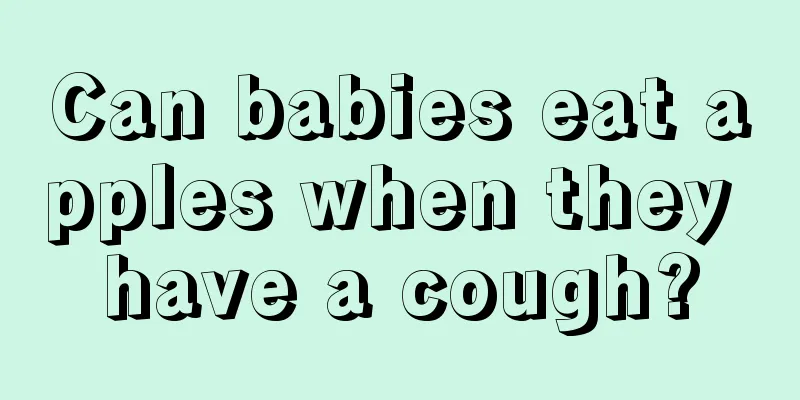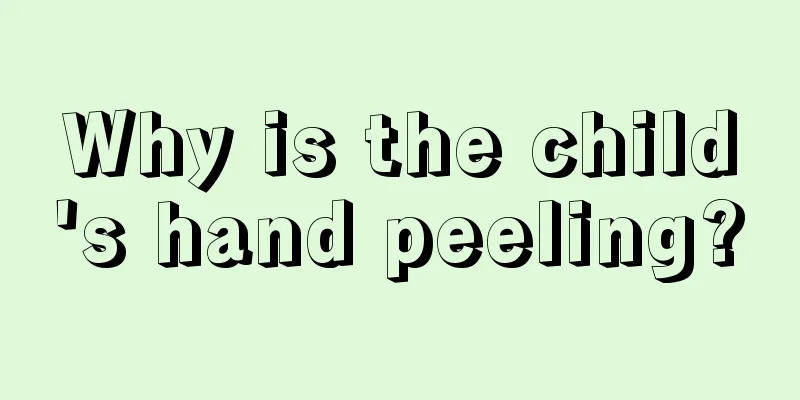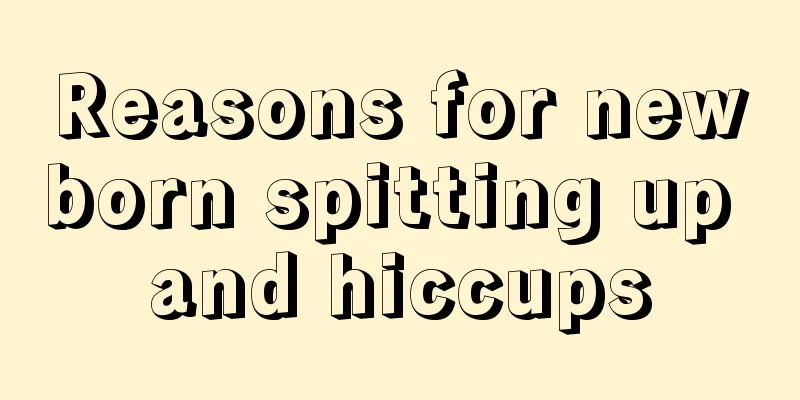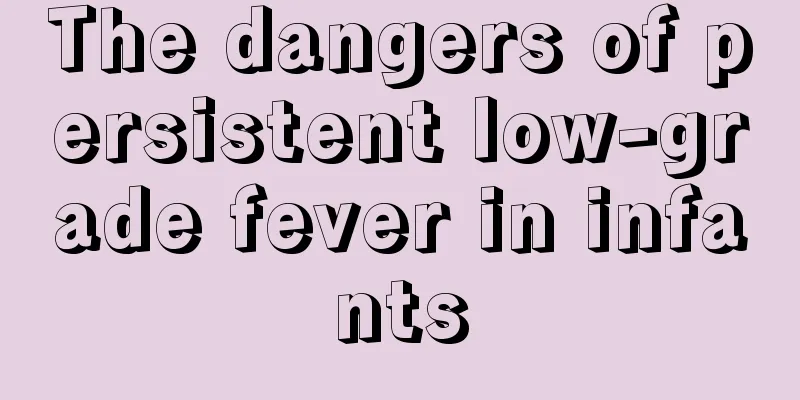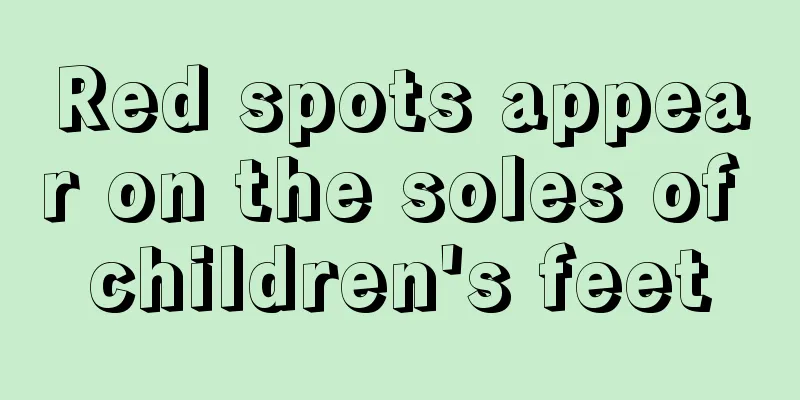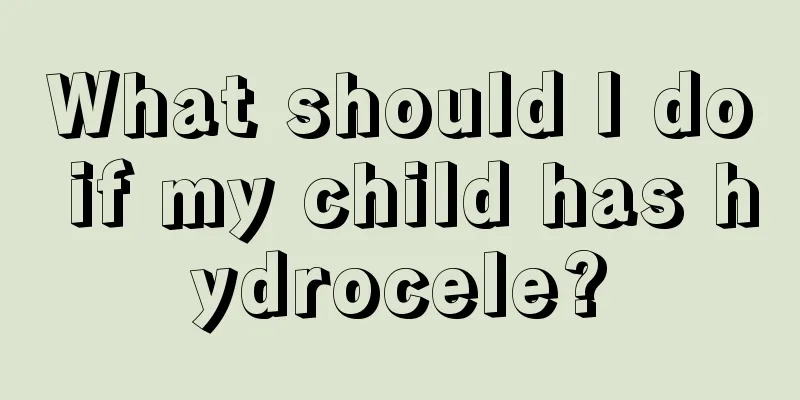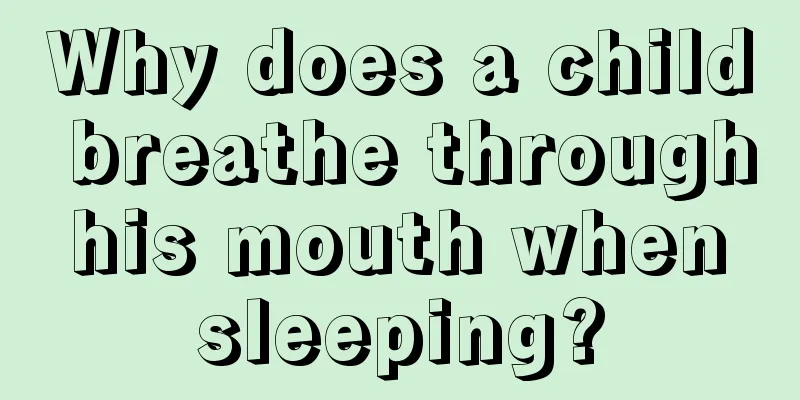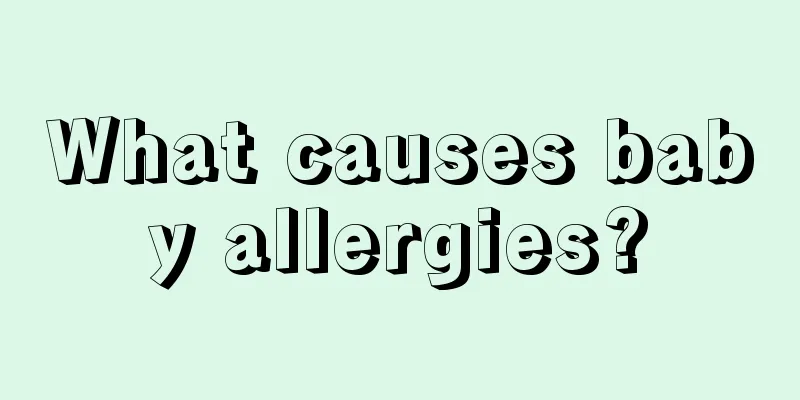What to do if a child has a fever and coughs
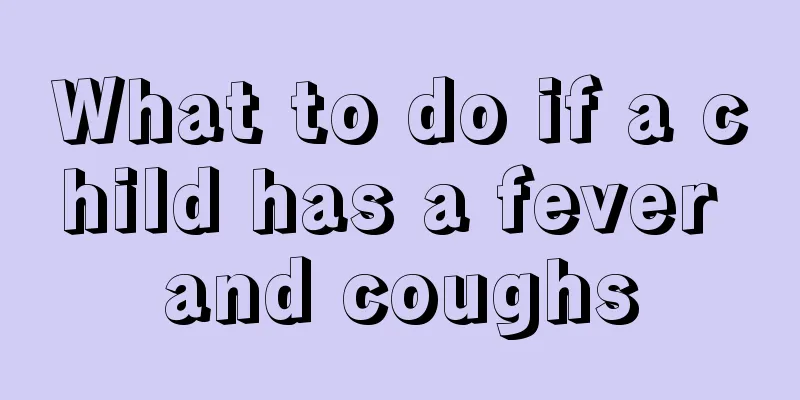
|
Coughing is a common disease among children, but once the coughing is too frequent, parents will always be particularly worried, especially when the cough occurs after a fever. Many parents worry that it may be pneumonia, which has a great impact on the child’s health. At the same time, coughing will also affect the child’s normal sleep quality, so it is necessary to master the method and make timely adjustments. Many parents want to know what to do if their children cough after a fever. What to do if a child has a fever and coughs 1. Give your child more water. After a fever occurs, the body loses more water through evaporation, causing discomfort such as dry throat. Feed more warm water, fruit juice, honey water, etc. to replenish water. Drinking some warm water can thin the phlegm and make it easier to spit it out. It can also help eliminate toxins in the body. 2. If the child's body temperature does not exceed 38℃, do not rush to reduce the fever and give intravenous fluids. Blindly reducing the fever may mask the condition and interfere with the normal diagnosis of the disease. You can use an ice pillow, wet compress, cool towel, etc. It also works on the armpits. 3. If the fever exceeds 38.5℃, you may need to use antipyretics to control your body temperature. But please note that if the cause of the disease is not found, even if the body temperature drops temporarily, it will soon rise again. Therefore, if you use antipyretics, you should consult your doctor before using them. You can also do an alcohol bath under the guidance of a doctor. 4. Steam cough relief method: Children who have persistent coughing will have their symptoms relieved in an environment with room temperature around 20°C and humidity around 60%-65%. If the child has a severe cough, you can let the child inhale steam, or hold the child and sit in a steam-filled bathroom for a few minutes. The humid air can help clear the mucus in the child's lungs and calm the cough. 5. When the air is dry, coughing can easily become more severe. Therefore, use wet wipes or a humidifier to humidify the house to maintain appropriate humidity indoors. 6. Do not smoke, clean dust, etc. in the room when children are present. 7. When the child has difficulty breathing and keeps coughing, pat him on the back, pick him up, and support his upper body to make him feel more comfortable. 8. When you keep coughing or vomiting, turn your face to one side to avoid accidentally inhaling vomit into your trachea. The above is an introduction to what to do if a child coughs after having a fever. I hope it can be helpful to many parents. Do not blindly give your child medicine as soon as a problem occurs. You must understand the cause of the disease. If a child coughs after having a fever, you must give your child more medicine and observe whether the child has a fever. Once a child has a cough and a fever, he or she must go to the hospital for treatment in time. |
<<: What to do if your baby has balanitis
>>: What are the methods for making complementary food for eleven-month-old babies?
Recommend
The jaundice of the newborn has not subsided after 17 days?
After every baby is born, parents hope that the c...
False menstruation for baby girls
Menstruation is a sign of a woman's physical ...
What is the reason for the baby to have green stool after drinking milk powder?
When feeding their babies, parents will add some ...
Can children eat taro when they are young?
Many people don't know what to feed their chi...
What are the symptoms of chronic pharyngitis in children?
In daily life, many people feel itchy throat and ...
What are the symptoms of tracheitis in children?
Children often have some bronchitis. Inflammation...
How can children grow taller quickly?
In daily life, we often hear many parents complai...
A complete recipe for a 13-month-old baby
The baby is the happy pill of the family and the ...
Why does the baby wake up crying while sleeping?
In fact, babies’ sleep patterns are not stable. M...
What is the treatment for nasal adenoid hypertrophy in children?
Children are a group we care about, and they are ...
The reason why babies don't poop for two days
In fact, in daily life, when taking care of your ...
Reasons why babies kick their legs when sleeping
Many babies always kick their legs when they slee...
How to regulate the frequency of bowel movements of a 10-day-old newborn?
Newborns have just come into this world and are s...
What should I do if my three-year-old baby gets hot?
Since babies' body functions are not fully de...
Causes and treatments of baby's fever and eczema
What should I do if my baby has a fever and eczem...
